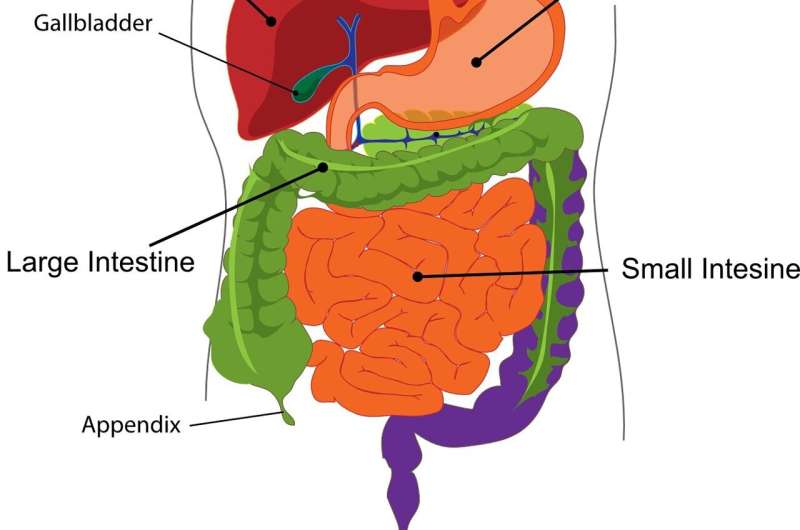Impact of Parkinson's Disease on Voice-Based Emotion Recognition

Recent research reveals that Parkinson's disease can impair the ability to recognize emotions in voices, influenced by symptom asymmetry and treatment effects, highlighting the need for personalized care approaches.
A recent study published in Neurodegenerative Diseases explores how Parkinson's disease influences the ability to recognize emotions conveyed through voices. Conducted by researchers from the University of Geneva and Rennes University Hospital, the study investigates the connection between motor symptom asymmetry and emotional processing in speech among Parkinson's patients. Participants were categorized based on whether their symptoms were more prominent on the left or right side of their bodies. The findings revealed that individuals with predominantly left-sided symptoms struggled more with identifying emotional tones in speech compared to those with right-sided symptoms and healthy controls.
An intriguing aspect of the research was the examination of the effects of dopaminergic replacement therapy (DRT). For early-stage patients, DRT appeared to have a negative impact on voice emotion recognition in those with left-sided symptoms, whereas it seemed to enhance recognition in right-sided cases. This suggests that the side of symptom onset may influence how treatment interacts with brain regions involved in emotional comprehension.
Though limited by a small sample size, the study emphasizes the importance of personalized treatment approaches in Parkinson's care. It highlights that asymmetry in disease manifestation could be a key factor affecting communication and emotional understanding, extending the conversation beyond motor symptoms.
These insights underscore the potential for tailored interventions that consider symptom lateralization, aiming to improve social interaction and emotional connectivity for individuals with Parkinson's disease. Further research is needed to confirm these findings and develop targeted therapies.
Source: https://medicalxpress.com/news/2025-06-parkinson-disease-affects-emotion-recognition.html
Stay Updated with Mia's Feed
Get the latest health & wellness insights delivered straight to your inbox.
Related Articles
The Enigma of Tickling: Unraveling a 2,000-Year-Old Mystery
Explore the fascinating science behind tickling, its neural mechanisms, evolutionary purpose, and its significance in social bonding and neurological research, a mystery still unsolved after 2,000 years.
Bindi Irwin Undergoes Emergency Appendectomy: Understanding Appendicitis
Bindi Irwin recently underwent emergency appendectomy due to a ruptured appendix. Learn about appendicitis, its symptoms, and treatment options to understand this common condition better.
Innovative Blood Test Combining Two Methods Boosts Early Detection of Colorectal Cancer
A new blood test combining immunoprecipitation and multiplex digital PCR offers high accuracy in early colorectal cancer detection with minimal blood volume, promising to improve screening and patient outcomes.
Majority of Women of Reproductive Age Have Modifiable Risk Factors for Birth Defects, Study Finds
A new study shows that nearly two-thirds of women of reproductive age in the U.S. have at least one modifiable risk factor linked to birth defects, highlighting the importance of preventive healthcare and nutrition.



